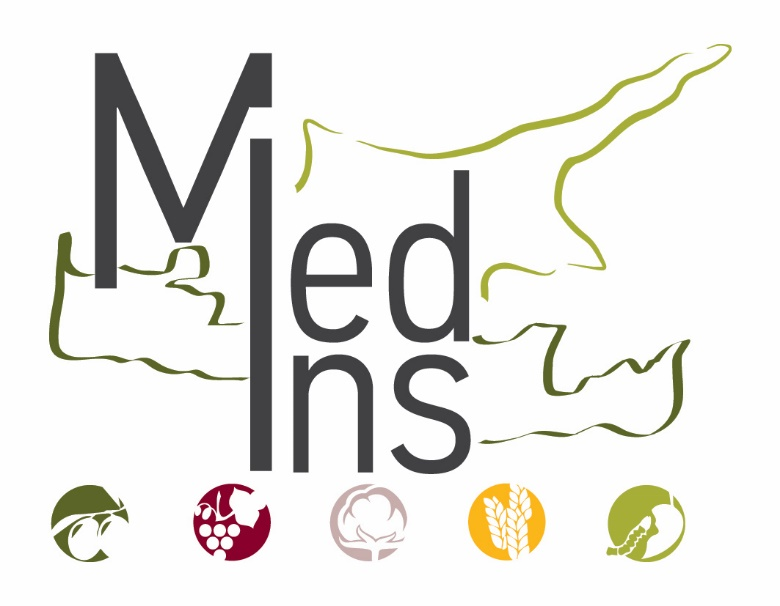Project conference
![]() Conference program (728KB PDF)
Conference program (728KB PDF)
1. Summary
Insularities Connected is a major international conference dedicated to the study of islands as a constituent part of seascapes, imperial contexts or any other conceptual framework. Going beyond mere typologies of islands, or the study thereof as a distinct object of inquiry, we invite conference participants to consider the spatial attributes of islands in different historical coordinates. In other words, how insularity, i.e. the condition of being an island, changes over time, place, and context. The study of islands as a spatial category situated within a bigger analytical whole has offered new perspectives in Mediterranean, Indian Ocean, or Caribbean studies; we aspire to bring the insights gained by those approaches in a trans-regional dialogue of global scope. The conference therefore enquires into what can be gained by looking at islands not as scattered parts of a regional maritime story, but scans the horizon from the vantage point of islands themselves to find broader, less obvious connections.
2. Conference rationale
The conference brings together an interdisciplinary group of scholars from different fields of study, and invites them to consider the spatial attributes of islands in different historical coordinates. Moving away from the value-laden connotations of the literal definition of insularity, we propose an alternative conceptualization as the condition of being, and being perceived as, an island. Such an understanding encompasses the ways historical actors experience, imagine and project their engagements with, and within, insular spaces.
The ‘spatial turn’ has questioned the idea of natural borders, and in this sense the sea may define an island, but it does not simply isolate it. Thus, the spatiality of seagirt realms is neither obvious nor self-explanatory. Such a conceptualization of insularity invites a consideration of the interplay between the material and the mental.
Islands are oftentimes celebrated as realms oscillating between antinomical conditions: bridge/frontier, finite/expansive, introvert/extrovert, backward/cutting-edge laboratory. Stretching back to Braudel, one of the most common observations along these lines eloquently highlights the paradox of the sea as an isolating, as well as connecting element. Yet, such seemingly mutually exclusive attributes are the prerogative of no spatial configuration, and to take these features at face value leads to an exoticization of islands that implies a different kind of exceptionalism.
Insularity, then, is not just about islands: it is about connections, links, networks, and contexts. In this sense, no island is an island. Horden and Purcell’s notion of connectivity presents here a fitting tool to better understand insularity. How are islands connected to bigger worlds? How are they part of multiple and overlapping contexts? In what ways do islands reflect broader historical processes, patterns or trends? How do the varying scales of such reflections provide insights into larger realities?
From a Mediterranean perspective, Pirenne, Braudel, Goitein and Tabak argued for a macro-spatial economic unity of the ‘inner sea’, while Horden and Purcell opted for a micro-regional focus in their unity-in-diversity model. In the latest contribution to the debates on the Mediterranean, Jessica Goldberg’s Trade and Institutions in the Medieval Mediterranean proposes studying meso-regional links and dynamics. Insularity is a concept that is particularly conducive to the medium-scale of regional study. We invite participants to consider the above questions, and explore the ways islands are connected to, or are part of bigger entities, analytical or otherwise.
3. Topics and themes
- Going beyond a descriptive conceptualisation of insularity
- Utopias or dystopias? Islands as laboratories or as places of exile
- Transit/ional spaces: islands as nodes of refugee/migrant flows across time
- Intellectual currents from, to and through insular spaces
- Liminality
- What kind an empire? Imperial context and the changing position/spatial imagination of islands
- The shifting semantics of islands: bridges or frontiers, backwaters or laboratories, etc.
- What does it mean for islands to be situated in between different regions; how is this reflected both at the material and the mental level?
- Islands as political, administrative or military spaces
- Does size matter? Braudel’s miniature continents
- To what extent can we resist island exceptionalism?
- Envisioning, mapping, and depicting islands: dealing with textual, cartographic and visual sources
- Micro-stories of island hoppers, denizens, or islanders




